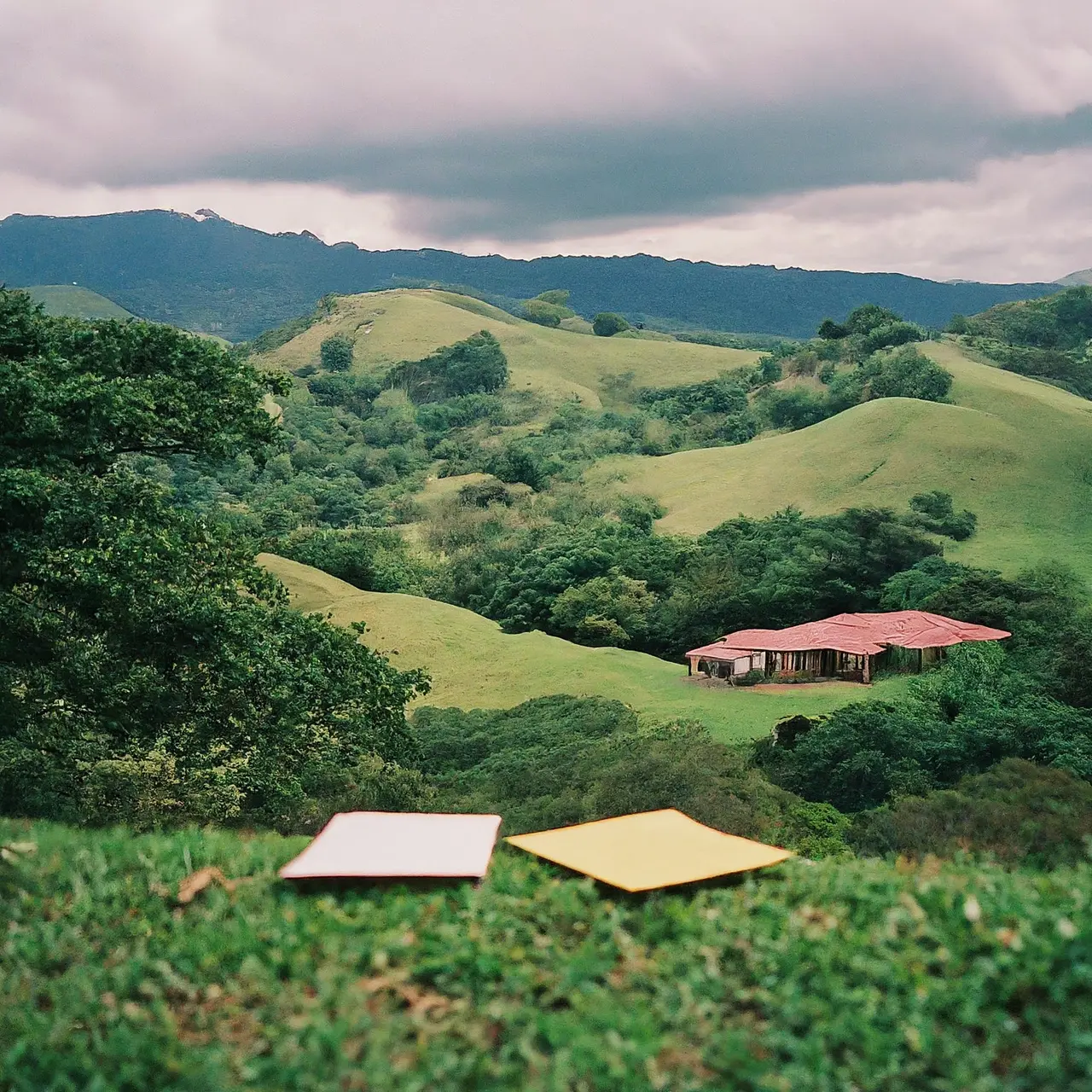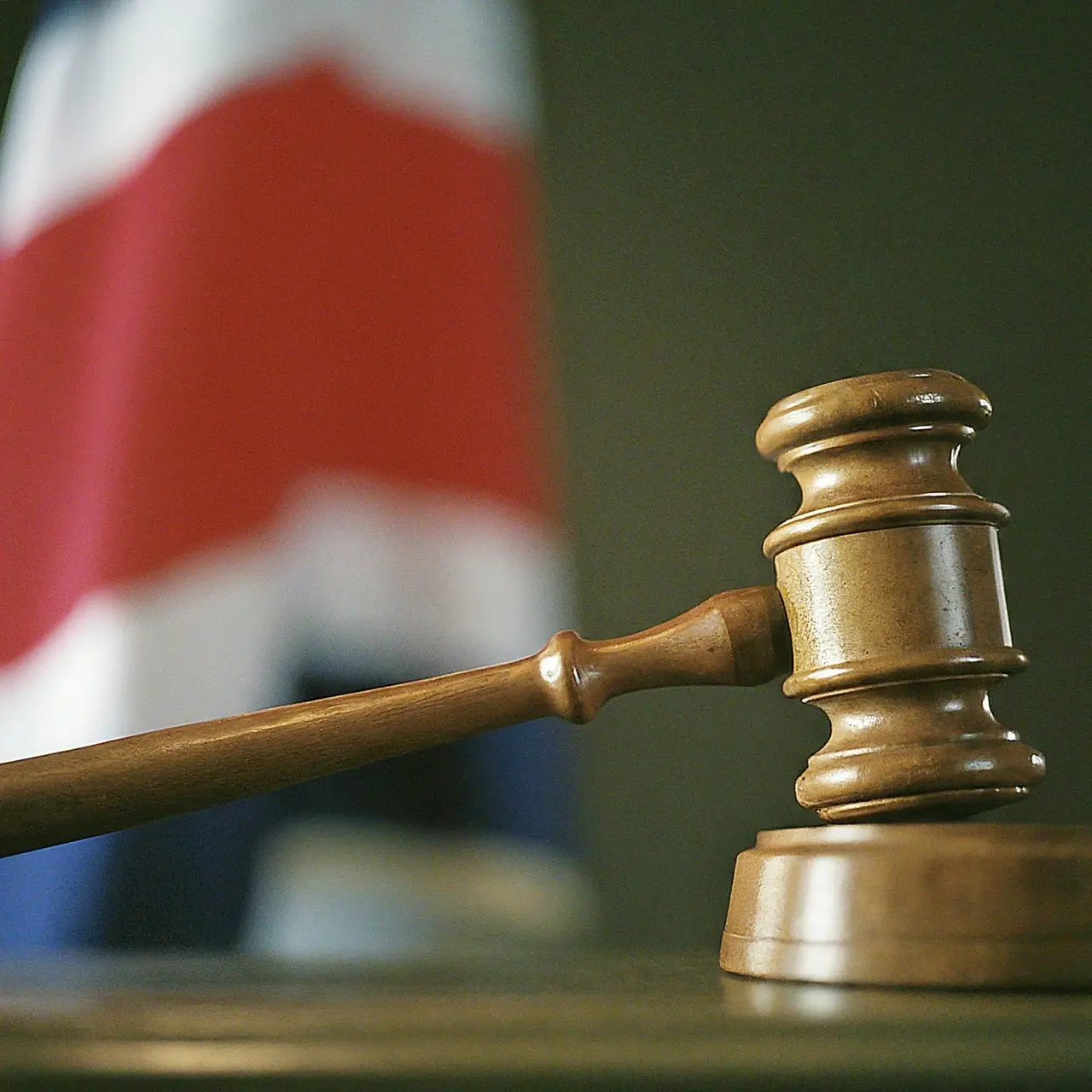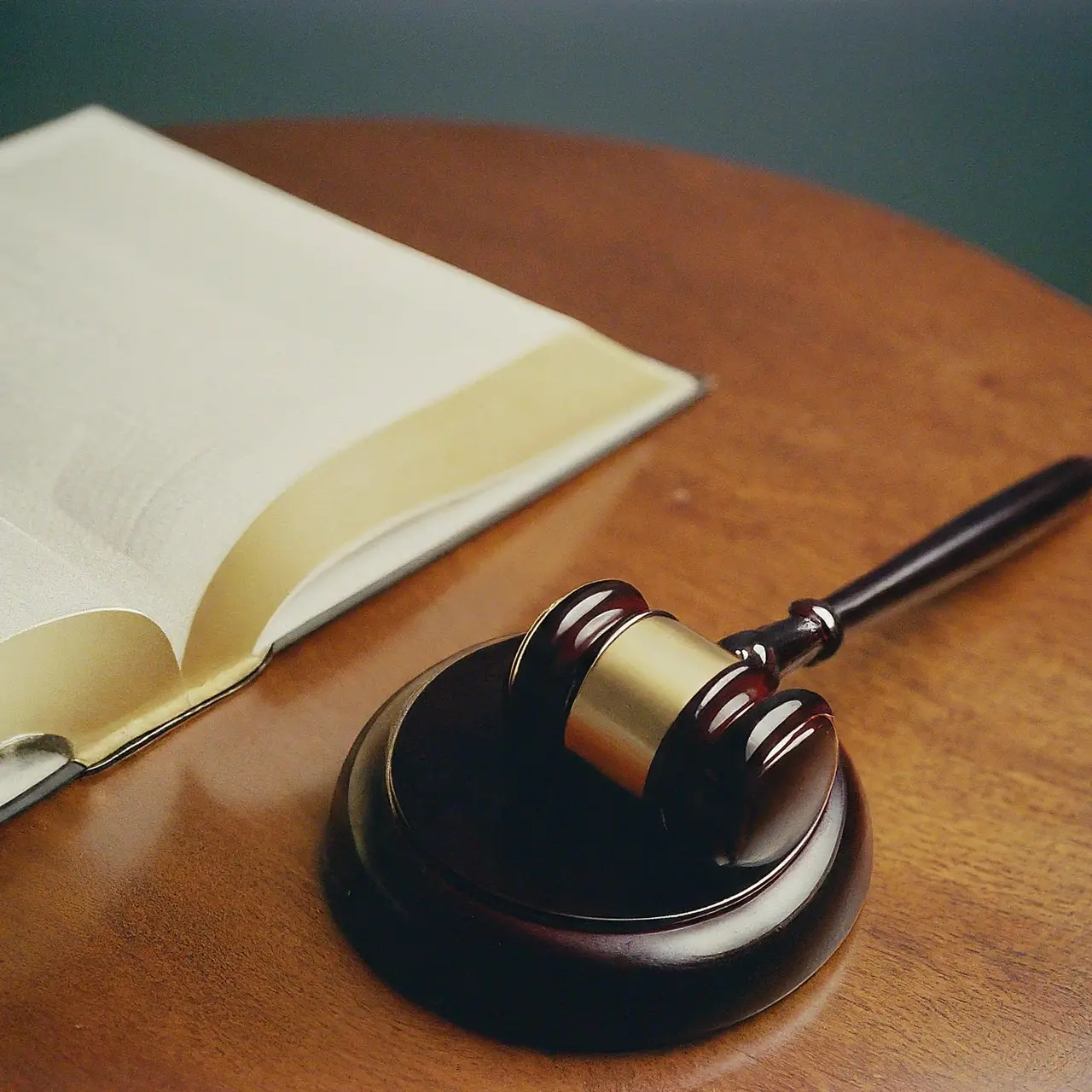SIMPLE Real Estate
Legal Advice for the sale and purchase of properties in Costa Rica
Real Estate without difficulties, conscientious and honest. We help owners find the ideal person to sell their property. We serve as bridges, facilitating the due diligence processes and the transfer and registration of the property to its new owner.
This practice is also connected to our immigration practice, since with an investment of USD $150,000 a temporary residence can be obtained for a principal and his dependents.
Learn about our services in connection to real estate matters
-
-
-
-
-
-
-
On environmental issues, we work with Environmental Advisors that we incorporate into the team when it is warranted.
In topography issues, we incorporate topographers of recognized prestige to assist us in these procedures.
For purposes of appraisals and financial analysis of construction, we incorporate professional companies.
-
-
-
-
-
Item description
Frequently Asked Questions (FAQ)
Hello, World!
Hello, World!
What is a due diligence process?
It’s a process of collecting, analysing and interpreting information to serve as an input of your decision making process to decide to buy or not buy.
A due diligence process involves collecting, analyzing, and interpreting information to inform your decision-making process regarding the purchase of a property. It ensures that you have all the necessary details to make an informed choice, minimizing risks and identifying potential issues before finalizing the transaction.
What professionals are involved in due diligence process in Costa Rica?
In Costa Rica, a comprehensive due diligence process requires the collaboration of various professionals, each bringing their expertise to ensure a thorough evaluation of the property:
Lawyer: The lawyer acts as the master of ceremonies, orchestrating the entire process. They analyze information, collect necessary documents, request additional data, and ensure all legal aspects are thoroughly examined.
Notary: Responsible for authenticating documents and ensuring that the legal processes adhere to Costa Rican law.
Engineers: Evaluate the structural integrity and condition of any buildings or constructions on the property.
Topographers: Conduct detailed surveys of the land to verify property boundaries and identify any discrepancies with official records.
Environmental Experts: Assess any environmental concerns or restrictions that may affect the property, such as protected areas or contamination issues.
Escrow Companies: Manage the financial aspects of the transaction, ensuring funds are securely held until all conditions of the sale are met.
At Simple Legal Consulting (SLC), we streamline this process for our clients and investors, acting as the central point of contact. We coordinate with all these professionals to ensure that every aspect of the due diligence process is handled efficiently and thoroughly, providing you with the confidence and peace of mind needed to proceed with your investment.
What outcomes are expected of a due diligence process in Costa Rica?
Either you reinforce your decision for purchase, you gain key insights of the limitations and possibilities of the property, you obtain objective elements to reduce the price or you obtain valid reasons to step out of the transaction.
What is the expected timeline in a due diligence process in Costa Rica?
We will review the contract/offer of purchase and make sure all the terms to make it binding to all the parties is contemplated, including a DD period with enough time to make sure to obtain all the necessary input for the decision making process.
We will coordinate with the professionals that area ideal for the project.
We will prepare you a final report with key bullet points to consider.
We will conduct negotiations with the other parties involved, in case it is necessary.
We will help you do the closing, including providing notarial services and coordinating with escrow companies
Purchasing a Property/Real Estate in Costa Rica. FAQS
In the lush and vibrant landscape of Costa Rica, where dreams of owning a slice of paradise often take root, the journey to acquire real estate unfolds with its own unique rhythm and cadence. The dance of buying or selling property here is a delicate one, requiring both parties to navigate through a symphony of legalities, obligations, and costs with grace and awareness.
I.-Initial Steps and Due Diligence
Option Agreement: Legally binding, outlines terms and conditions, and usually includes a penalty clause for non-compliance.
Due Diligence Duration: Typically 30 to 60 days, but can be adjusted based on the complexity of the property and the buyer's needs. Some aspects to be reviewed in this stage includes:
Property Title Review: Verification of the current owner's rightful ownership and the existence of any liens, encumbrances, or annotations that could affect the transfer or use of the property.
Property Survey: Confirmation that the property's physical boundaries and measurements match those recorded in the property's survey plan (Plano Catastrado), which should be registered with the National Registry (Registro Nacional).
Zoning and Land Use: Checking municipal zoning regulations (Uso de Suelo) to ensure the property's intended use is permitted and to identify any building restrictions or requirements.
Utilities and Access: Verification of the property's access to essential utilities, including water, electricity, and sewage or septic systems, and ensuring legal access to the property via a public road or registered easement. Municipal Taxes and Fees: Ensuring all municipal taxes, fees, and any other local assessments are up to date. This includes property taxes (Impuesto Territorial) and luxury home taxes if applicable.
Homeowners Association (HOA) Compliance: For properties within a condominium or gated community, reviewing the HOA bylaws, confirming the property is in good standing, and understanding any monthly or annual fees.
Environmental and Regulatory Compliance: Reviewing any environmental regulations that may affect the property, especially if it's located in a protected area, near a coastline (maritime zone), or in an environmentally sensitive region.
Pending Litigations or Claims: Investigating any pending litigations, claims, or legal disputes that might impact the property or its ownership.
Construction Permits: For properties with existing structures or planned developments, verifying that all construction has been properly permitted and approved according to local regulations.
Insurance Policies: Reviewing existing property insurance policies to understand coverage limits, any pending claims, or issues that might affect the transferability of the policy to a new owner.
Incorporating these legal due diligence items into the real estate closing process provides a comprehensive checklist to ensure all legal aspects of the property and its transfer are thoroughly vetted and compliant with Costa Rican law, thereby safeguarding the interests of the buyer.
Surveys and Inspections: May include topographical surveys, property inspections, and environmental assessments, especially for rural or undeveloped land.
II.-Legal and Financial Considerations
Legal Representation: Highly recommended for both parties to have separate legal representation to ensure their interests are protected.
Escrow Services: Often used to securely hold funds until all conditions of the sale are met, adding an extra layer of security to the transaction.
Detailed Closing Costs Breakdown
Legal Fees for conducting the due dilligence: To be agreed upon
Real Estate Commission: 5% - 6% of sale price
Transfer Tax: 1.5% of sale price
Stamp Duty and Other Fees: Around 1% of sale price
Value Added Tax (VAT) on Services: 13% on legal and commission fees
Notary fees for the closing: 1% of the sale price
Escrow fees: To be agreed upon
III.-Post-Closing Considerations
Property Registration: The new title must be registered with the National Registry, a process facilitated by the Notary Public.
Utilities and Services Transfer: Arrangements should be made to transfer utilities and services into the new owner's name to ensure continuity.
IV.-Cultural and Market Dynamics
Negotiation Practices: Understanding local negotiation practices and market dynamics can be crucial for a successful transaction.
Community Relationships: For properties in smaller communities or rural areas, building a good relationship with neighbors and the local community can be important for long-term satisfaction.
V. Future Considerations
Property Management: For absentee owners, considering property management services for maintenance and security.
Resale Value: Understanding factors that influence resale value, including location, property condition, and market trends.


































